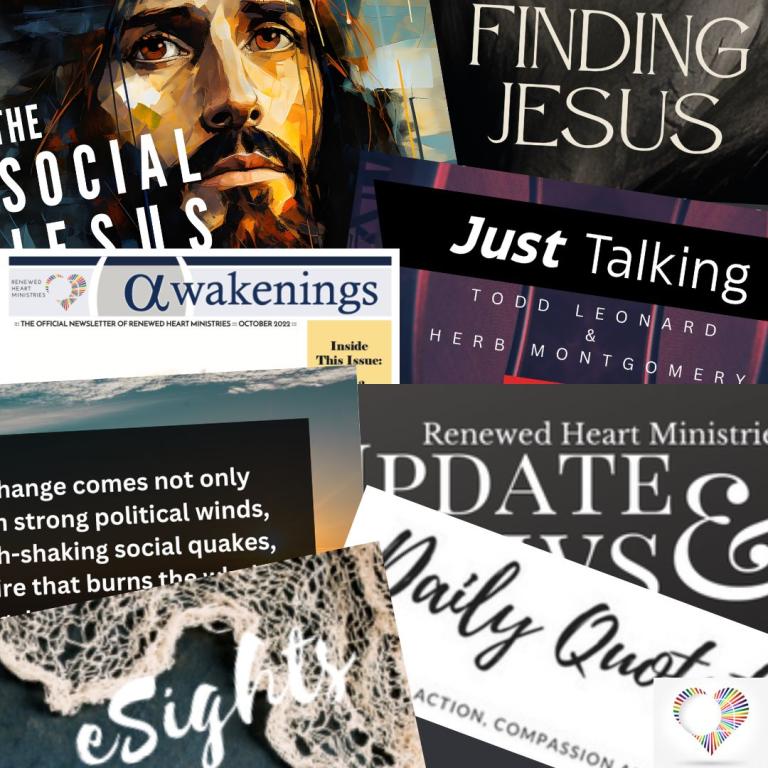
As we wrap up our consideration of inclusivity and taking care of the vulnerable this week, both the “unquenchable fire” and the “worm that doesn’t die” in our reading symbolized destruction one would not be able to stop. Neither Isaiah nor the gospels use this language to describe something taking place after death. Jesus, standing in the lineage of the prophets defending the poor and like Isaiah, Jeremiah, Amos, and others before him, was calling for justice. Jesus used Jewish language and metaphors to warn of impending doom. Each of these prophets denounced, implicated, and indicted a system that benefited the powerful while exploiting the vulnerable.
Welcome Readers! Please subscribe to Social Jesus Here.
(Read this series from the beginning at Part 1 and Part 2.)
We must also be honest about the ableist language in this text. There is a spectrum with being whole on one end and Gehenna on the other, somewhere along the spectrum is missing limbs, being “crippled,” and missing an eye. The language paints these conditions as being less than being whole, yet not as bad as Gehenna. I reject this use of disability. As Jesus followers today, we can tell the Jesus story in better ways.
Lastly, Jesus teaches about salt losing its saltiness. In that region, salt was harvested by collecting all the white rocks and placing them in a salt bag. This bag was used to stir food being prepared. The salt would dissolve through the cloth but any white rocks inadvertently included in the bag that were not salt would remain. Eventually the bag would lose its ability to season food because all the salt was gone: the salt would lose its saltiness.
Maki Ashe Van Steenwyk writes,
“Much of what passes for the propagation of the gospel actually equates to acts of oppression. When the saving of souls is of ultimate value, it can become easy for other values to be pushed aside. This evangelistic impulse turns every mystical experience into an altar call and every person into a soul to be saved. And historically Christians have shown an ability to care for people’s souls while dismissing their bodies, their land or their dignity.” (Maki Ashe Van Steenwyk, The UnKingdom of God.)
In this passage, Jesus has been speaking about how we relate to the most vulnerable among us. Are we taking care of them? When we must be intentional about our refusal to become so heavenly minded that we are no earthly good. We must care about saving bodies and our material world around us an not exclusively be about saving souls. We must be concerned with the injustices and suffering of the here and now rather than solely focused on a post mortem future. Otherwise, we have lost our salt. We are called to follow Jesus’ example in Mark’s gospel, to affect and transform our world into a safe, compassionate, just home for everyone, especially our most vulnerable.
Are you receiving all of RHM’s free resources each week?
Begin each day being inspired toward love, compassion, justice and action. Free.
Sign up at:
https://renewedheartministries.com/Contact-forms/?form=EmailSignUp















